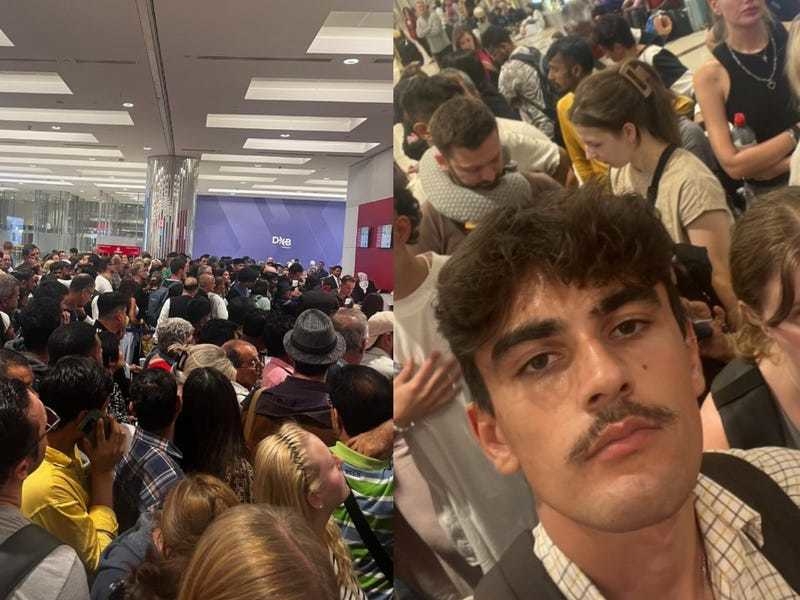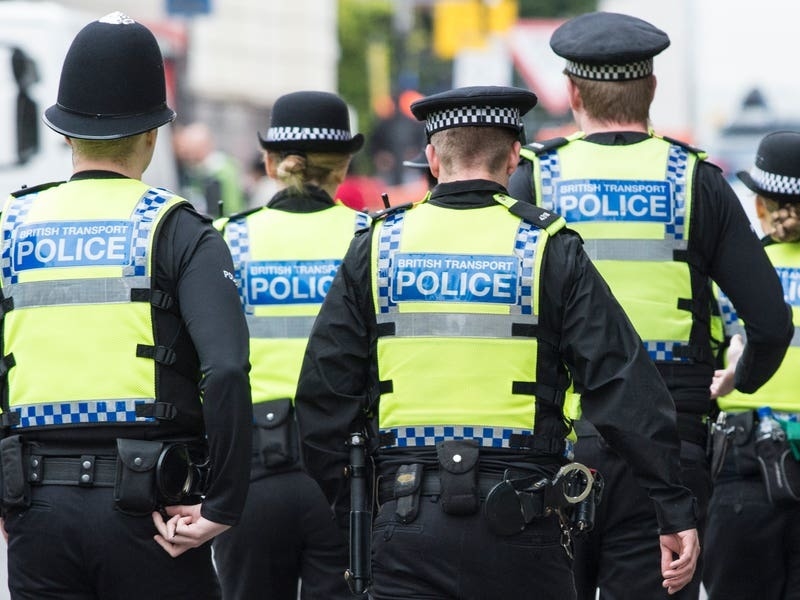Prosecutors in the R Kelly sex trafficking trial have ended their case after calling dozens of witnesses over the past month who detailed the government’s sweeping allegations against the singer in lurid detail.
Several women and two men who were in Kelly’s celebrity orbit gave evidence about how he groomed them for unwanted sex and psychological tormented them — mostly when they were teenagers — in episodes dating to the 1990s.
Their accounts were backed at least in part by former Kelly employees whose own evidence suggested they were essentially paid off to look the other way or actively enable him.
The defence will now begin calling former Kelly employees in an effort to cast doubt on some of the accusers’ accounts.
His lawyers must find ways to counter evidence from accusers alleging an array of misconduct spanning three decades.
Accusations included: his entourage locking a radio station intern in a room where he sexually assaulted her while she was passed out; witnesses claiming he gave them herpes without disclosing he had an STD; Kelly shooting a shaming video of one alleged victim showing her smearing faeces on her face as punishment for breaking arbitrary rules meant to protect his ego.
A large chunk of the evidence focused on an infamous scandal involving his youngest and most famous alleged victim – R&B star Aaliyah.
One of the final witnesses described seeing Kelly sexually abusing Aaliyah around 1993, when she was only 13 or 14.
The former back-up performer also told the jury Kelly sexually abused her as well when she was 15 — another in a series of accusers who say he exploited them when they were under-age.
The jury had previously heard evidence about a fraud marriage scheme hatched to protect Kelly after he feared he had impregnated Aaliyah. A marriage licence put into evidence falsely listed her age as 18; he was 27 at the time.
Aaliyah, whose full name was Aaliyah Dana Haughton, worked with Kelly, who wrote and produced her 1994 debut album, Age Ain’t Nothing But A Number.
She died in a plane crash in 2001 at the age of 22.
The last government witness was an expert on abusive relationships. Dawn Hughes gave evidence about studies showing that many abusers systematically isolate, demean, subjugate and spy on their victims as means of control — all tactics allegedly used by Kelly.
Generally speaking, it is not unusual for powerful people like Kelly to be surrounded by underlings who “knew about it and didn’t do anything”, Ms Hughes said.
The 54-year-old defendant, born Robert Sylvester Kelly, has pleaded not guilty to racketeering charges accusing him of running a Chicago-based enterprise of managers, bodyguards and other employees who helped him recruit and transport his victims.
The travel violated the Mann Act, which makes it illegal to transport anyone across state lines “for any immoral purpose” — the law that sent rock ‘n’ roll legend Chuck Berry to prison in 1959.
Kelly denies the charges, claiming the women were groupies who wanted to take advantage of his fame and fortune until the #MeToo movement turned them against him.
Members of the press and public have not seen the jailed Kelly in person since the trial began on August 18.
US District Judge Ann Donnelly has barred people not directly involved in the case from the courtroom in what she called a coronavirus precaution.
Observers are restricted to an overflow courtroom, leaving them to try to follow the case through a video feed.






